Blogs
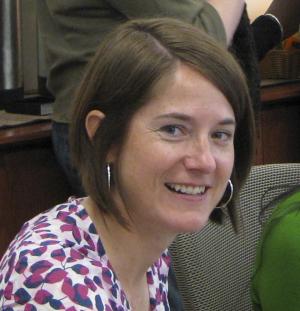
Maureen H. O'Connell, Ph.D. Associate Professor of Theology & Chair of Department of Religion LaSalle University If there is one thing I’ve learned from my 20 students in a new course, “Religion and Racism in America” this semester it’s this: how we go about engaging racism in the classroom may be just as important, if not more, than what sources we use to do so. 1. Racism is not an intellectual reality, but an experiential one. Critical race theorist George Yancy is right (not that I ever doubted him!). Racism is an embodied experience and not simply a sociological phenomenon, no...
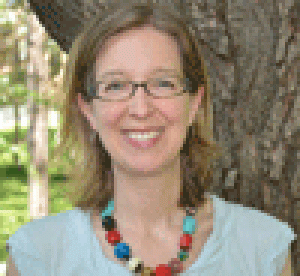
Kate Blanchard I recently found myself on a Friday night amid a group of twenty-somethings, mostly women, who were celebrating their periods. Yes, you read that correctly. The students of the women’s resource center on campus decided to host a “menarche party” in honor of their monthly bleeding. They wore...
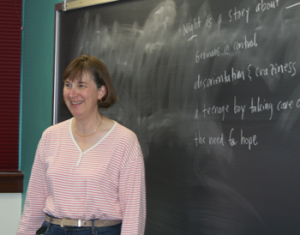
Jocelyn McWhirter, Ph.D. Associate Professor of Religious Studies Albion College The time: November 9–10, 1938. The place: Germany. The casualties: More than 7,000 Jewish shops along with 1,574 synagogues damaged or destroyed. One hundred Jews murdered; 30,000 imprisoned in concentration camps. They were the first victims of a racial purge that went on to claim more than 6 million lives. Now, 76 years after Kristallnacht, I am preparing to lead the Holocaust Studies Service-Learning Project (HSSLP). The HSSLP was founded in 1999 by students in a first-year seminar on the Holocaust. They wanted to take their learning out of the..
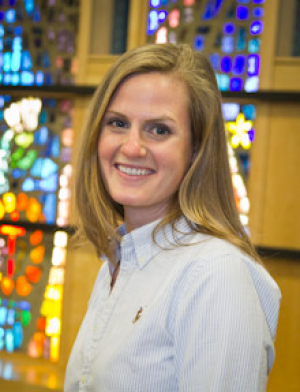
Mara Brecht, Ph.D. Assistant Professor of Theology St. Norbert College Teaching race is a boulder. And up the mountain I push it. When I teach race, I feel like Sisyphus because I never seem to get anywhere. The questions repeat and the anxieties recur each semester. It’s always the same: I know what parts of assigned texts will provoke students. I’m prepared for the discomfort, the tears, and the under-the-breath comments. I can even hear the conversations before they happen: White students indignantly protest Peggy McIntosh’s essay on white privilege: “But I had to earn what I have!” They respond...
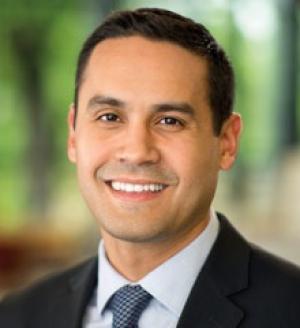
Eric D. Barreto The Onion is a paragon of satirical news. Unfortunately, too many of us are not in on the joke. Literally Unbelievable is a website that captures those priceless moments when beguiled individuals post “news” items from The Onion as if they were a reputable source of information...
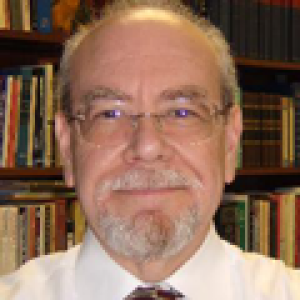
There are any number of reasons persons become theological school deans. Some reasons are personal, while some are a product of a particular context and its circumstance. In my experience, most deans answer the vocational calling of dean for good-intentioned...
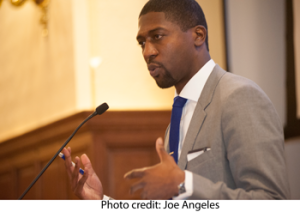
Lerone A. Martin, Ph.D. Assistant Professor of religion and politics in the John C. Danforth Center on Religion and Politics Washington University I have heard much talk about Ferguson and racial segregation in my personal life, as well as in the classroom. Conversations about Ferguson abound in my Civil Rights class this semester as well as in the broader university community. It could hardly be otherwise. We are just fifteen miles away from Canfield Drive. As a historian, I aim to help my students understand Ferguson, racial segregation, and all concomitant issues in a broader historical framework. How did we...
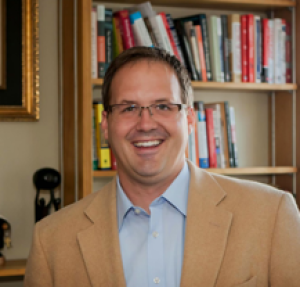
Kyle J. A. Small, Ph.D. Associate Academic Dean and Associate Professor for Church Leadership Western Theological Seminary The faculty at Western Theological Seminary (WTS) in Holland, MI recently invested itself in Willie James Jennings’ book, The Christian Imagination: Theology and the Origins of Race (Yale University Press, 2010). Three faculty members were invited to take up Jennings' claim and call, and to generate a conversation in terms of how Jennings’ work intersects with our shared task of teaching and learning. I engaged as a pastoral theologian wondering what are the pedagogical implications if we accept Jennings' book, on his own...
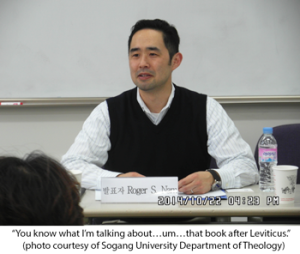
Roger Nam Full disclosure: I struggle with the Korean language. Although I completed an M.Div. degree in Seoul, Korean is still a second language to me. Through an odd combination of reading Korean theology books and listening to 1990s K-pop, I have a decent, albeit strange, vocabulary. But my Korean sentence construction...
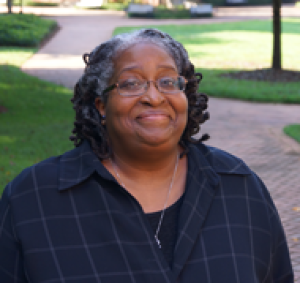
Marcia Y. Riggs, Ph.D. J. Erskine Love Professor of Christian Ethics Columbia Theological Seminary Why does an African American woman--a Womanist black liberationist religious ethicist-- in her right mind teach for twenty-three years in a historically white seminary in the South? I have asked myself this question many, many times, and most of those times in prayer on my knees to a God that I am sure is the “one that I have found in myself” and love fiercely (re: Ntozake Shange). There you have the answer: there is this call to teach that is the “fire in my bones”...
Categories
Write for us
We invite friends and colleagues of the Wabash Center from across North America to contribute periodic blog posts for one of our several blog series.
Contact:
Donald Quist
quistd@wabash.edu
Educational Design Manager, Wabash Center
Most Popular
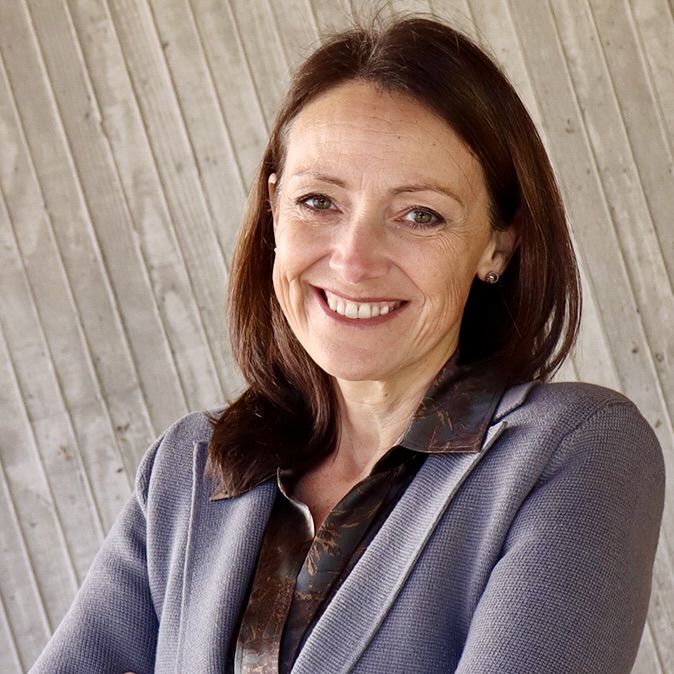
Why I Talk to My Students Every Semester About Gender Bias in Teaching Evaluations
Posted by Gabrielle Thomas on January 13, 2026

On Plagiarism and Feeling Betrayed
Posted by Katherine Turpin on October 27, 2025
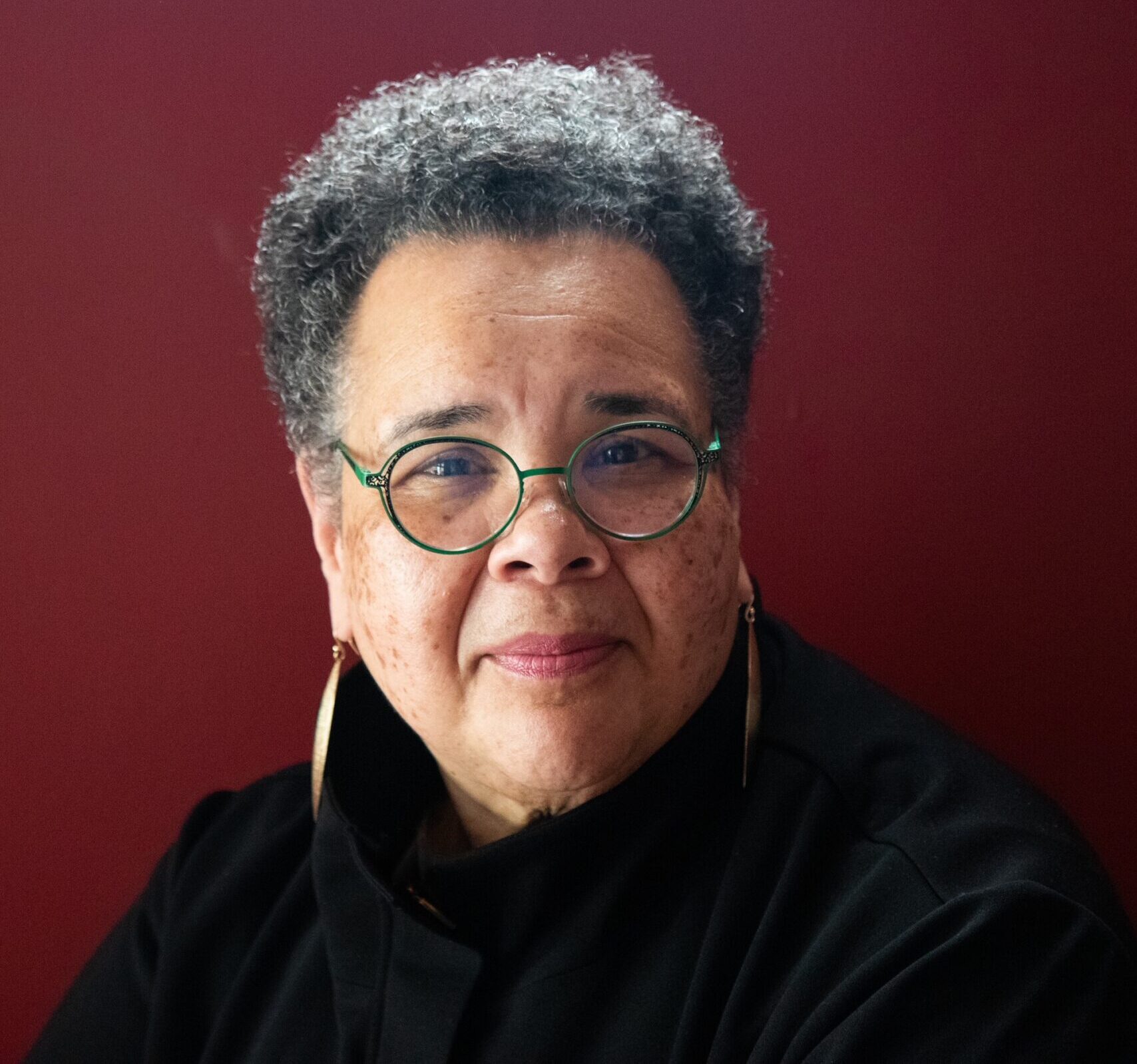
Executive Leadership Involves New Questions
Posted by Nancy Lynne Westfield, Ph.D. on December 1, 2025
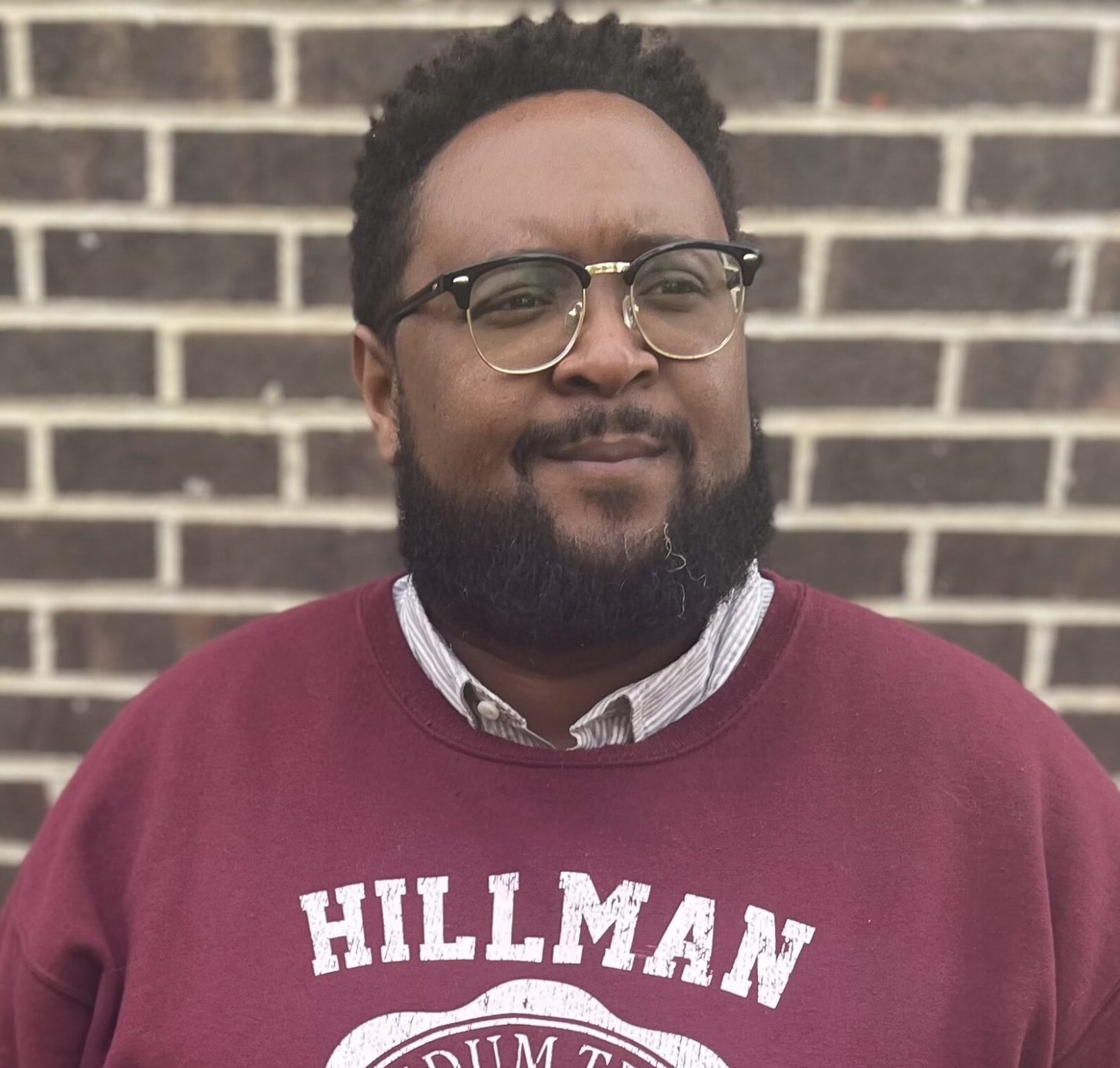
The Top Five (2025)
Posted by Donald Quist on December 15, 2025
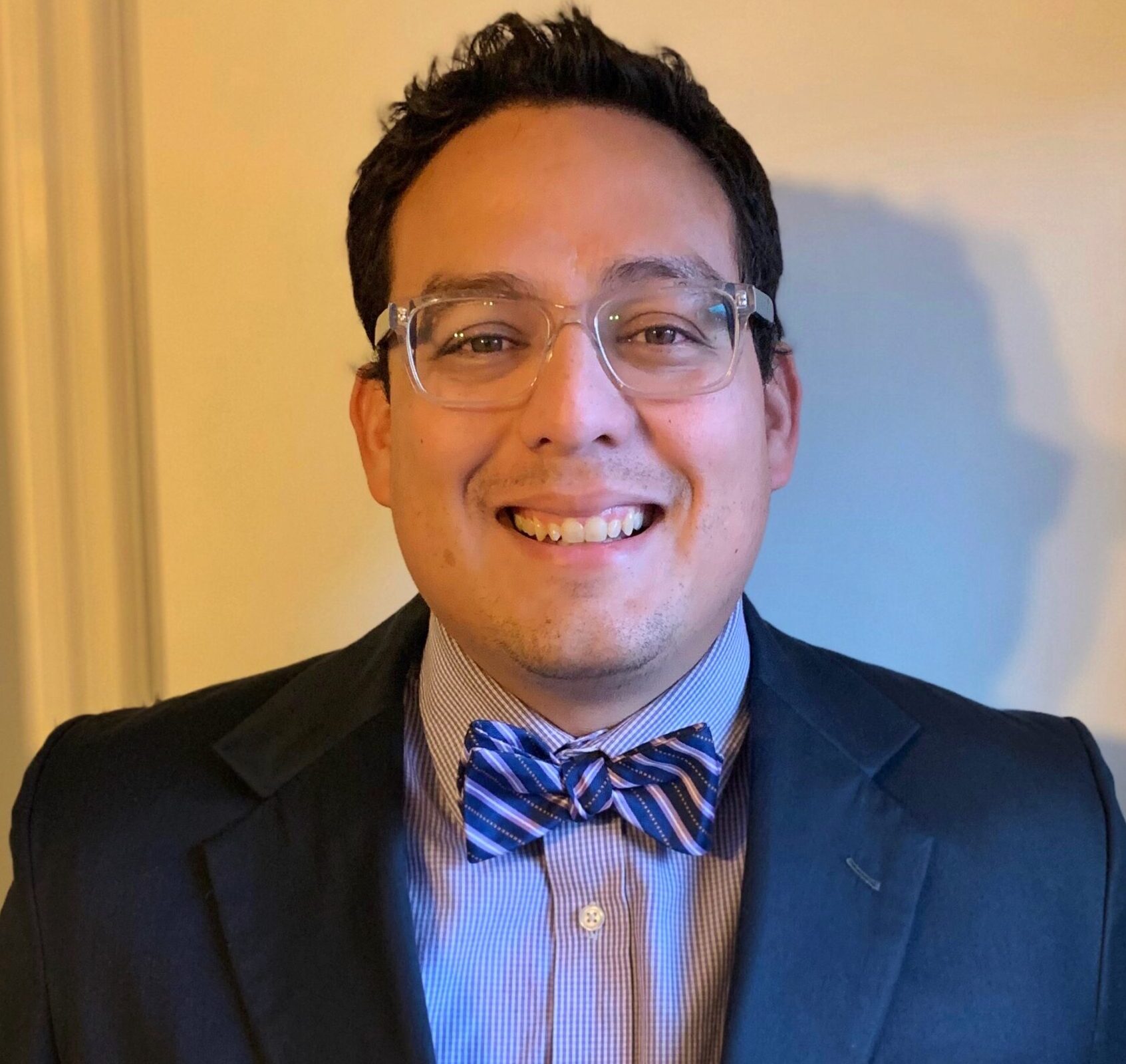
Xenophobia
Posted by Daniel Orlando Álvarez on October 15, 2025